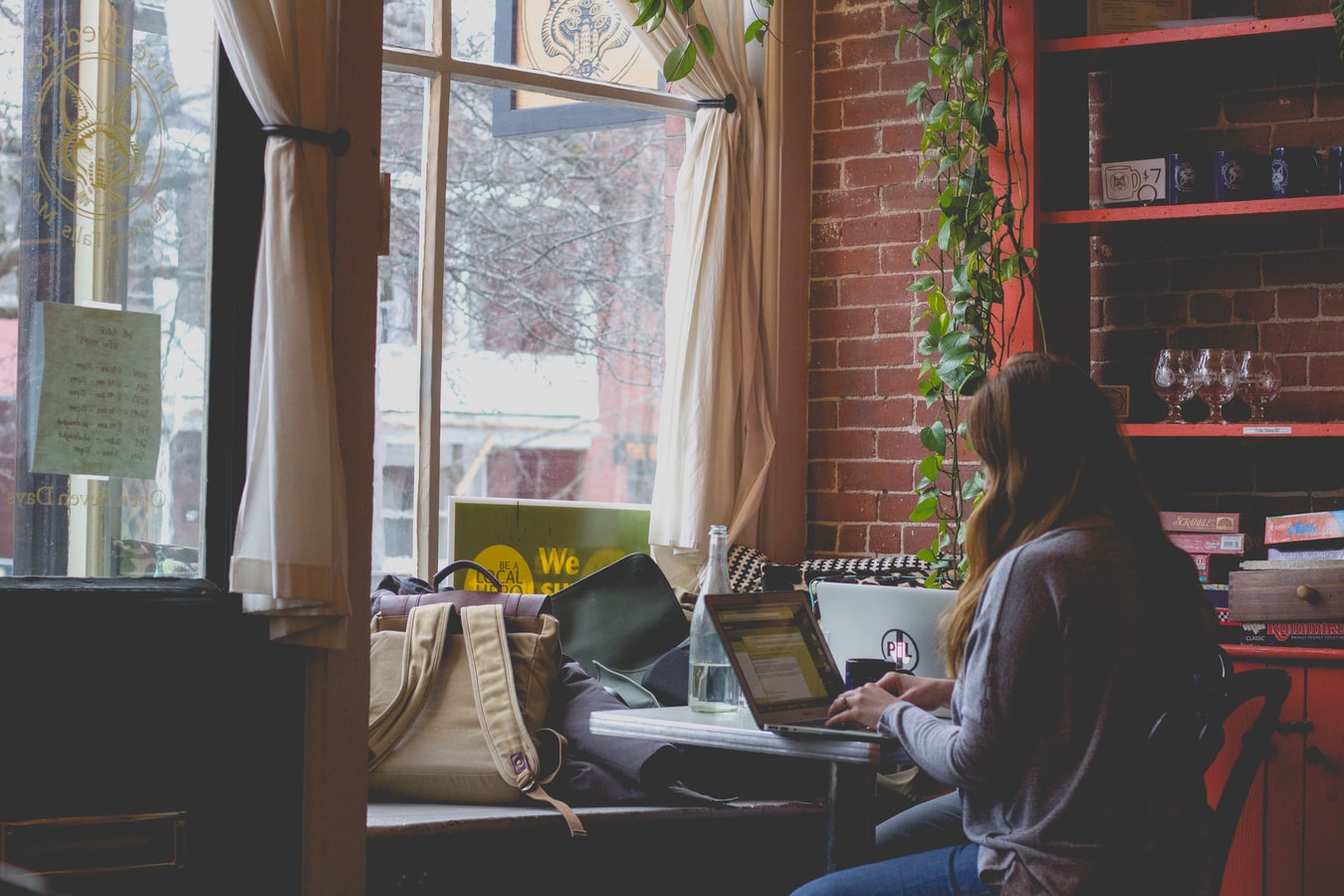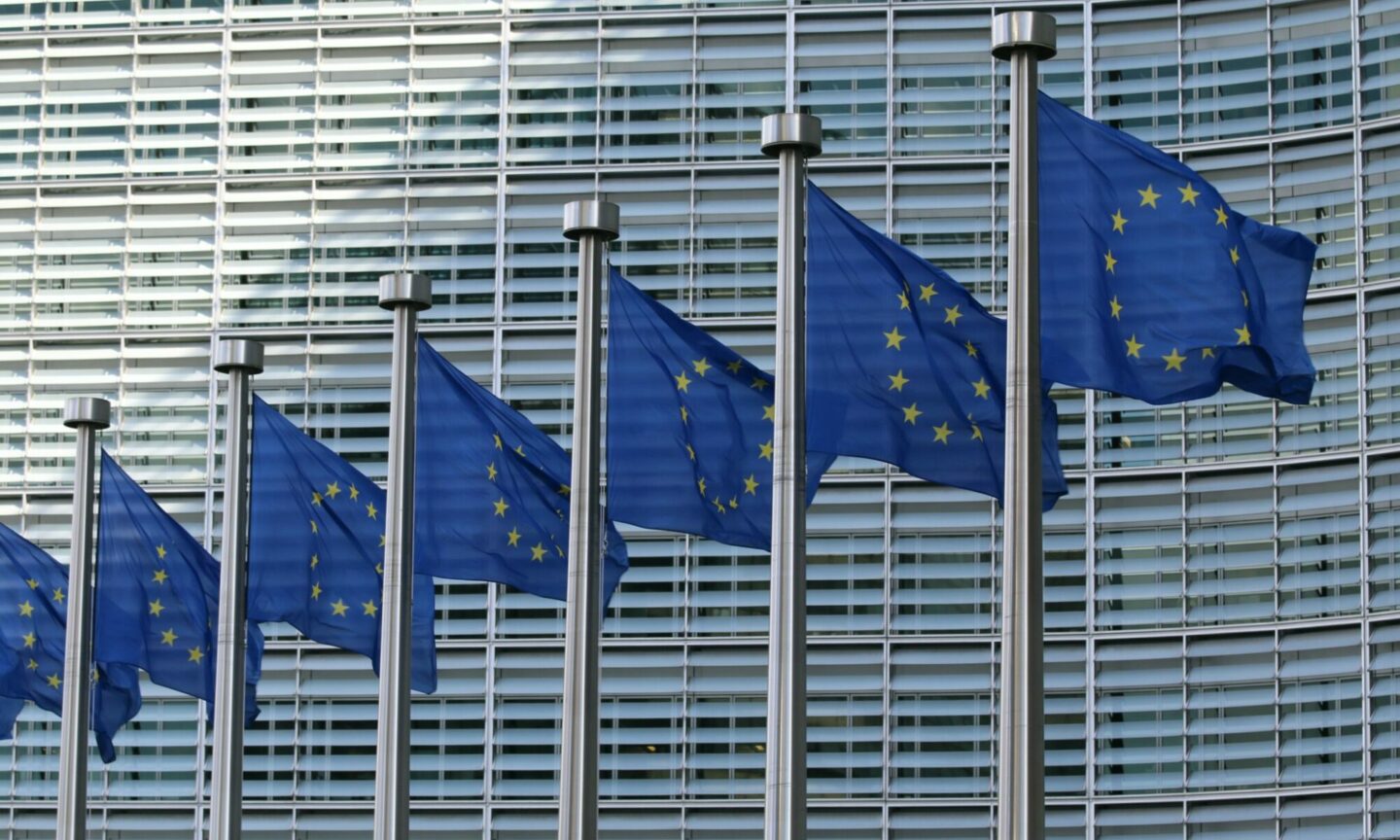- Csr & Inclusion
Career revolution: the role of Generation Z
2020 forced us to adapt to a new normal. To experience the world between four walls and two dimensions. For some, smart working has been a dream come true, for others a nightmare to escape from as soon as the offices reopen. However, what was it like for those who experienced remote working for the first time?

2020 will surely be remembered as the year of change. COVID-19 has had a huge impact on many different areas of each of our lives, but above all of our daily life.
We used to get up every morning and have one space to work in and one to live in, to come back to in the evening and enjoy the pleasure of finally being home. However, overnight we found ourselves experiencing the world between four walls and two dimensions.
For some, smart working has been a dream come true, for others a nightmare to escape from as soon as the offices reopen. However, what was it like for those who experienced remote working for the first time?
Those born from 1995 onwards, the so-called Generation Z, entered the workforce and found themselves having to deal with a revolution that was in full swing.From a survey by Tallo, a talent network provider, it emerged that out of 1,700 users, 35% of them were reconsidering their career plans due to the pandemic. In this constantly evolving scenario, Gen Z put learning and development among their primary concerns. Most of them think it is important that a company invests in retraining and improving employee skills. At the same time, the new generations believe that soft skills are even more important than hard skills in the current economy.
During the emergency, soft skills became even more important for employees who found themselves having to navigate the uncertainties of remote working and collaboration between virtual teams. Those who entered the workforce during the pandemic had to try to learn as much as possible using chats, video calls and network drops.
However, as mentioned earlier, smart working has been an optimal solution for some, allowing them to cultivate their hobbies and passions, thanks to a more flexible way of working. In fact, according to Deloitte Global’s Millennial Survey, 64% of Gen Z would like remote working to become the “new normal“.
After months of challenges, companies have had to abandon and reinvent years of theories and lessons learned about employee experience.
The latter can be defined as the product of the interaction between the person and the organisation during their career. The surrounding environment also contributes to improving the time spent in the workplace and creating a pleasant employee experience.
In a situation where the characteristics of the office, the break area, the air quality or the type of lighting no longer apply, it is above all the company culture that substantially influences the well-being, creativity and the productivity of workers, as well as understanding, respect and empathy within the work team.
“what gets me excited to log on every day are the people I work with. At UKG, our purpose is people, and that is a statement that could not ring any truer; I have met some of the most passionate, creative and intelligent people working here.“
Again, according to Deloitte Global’s Millennial Survey, the pandemic has contributed to disseminating greater sensitivity to the needs of others among the new generations and a motivation to exert a positive impact on the community.
COVID-19 has certainly forced each of us to adapt to a new normal. To become more flexible, not to take everything for granted, to reinvent ourselves and to continue learning. In addition, we can say that the new generations have been an example in this, adapting to every situation and trying to make the most of it.



